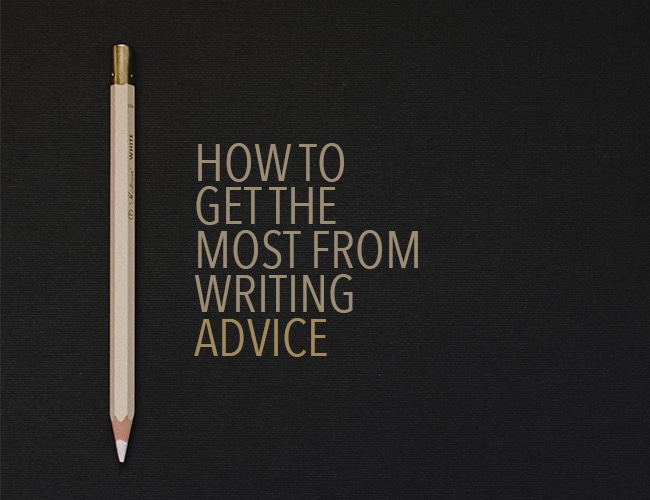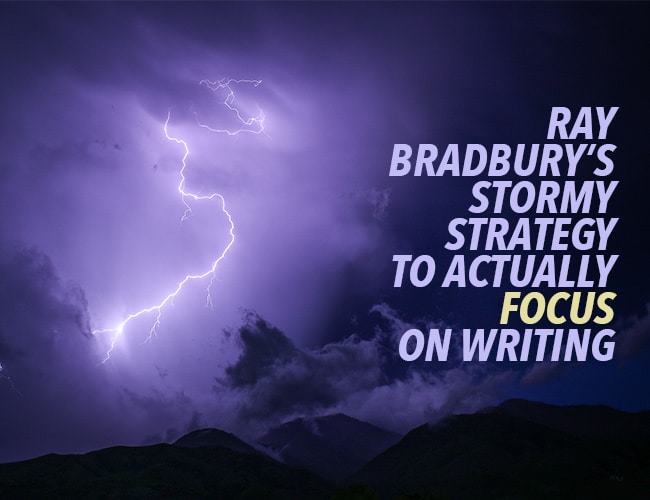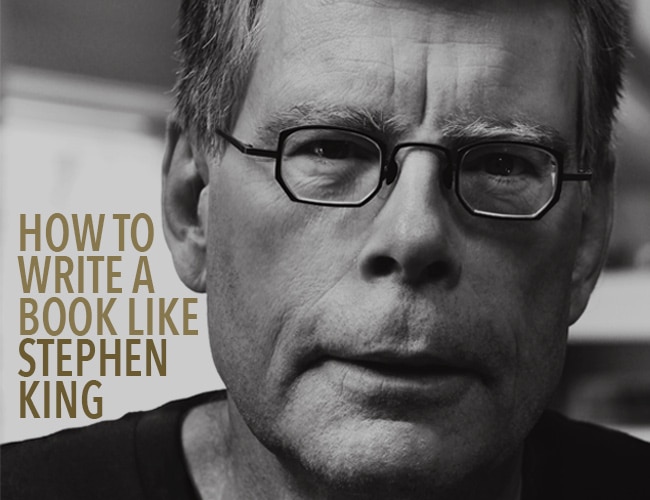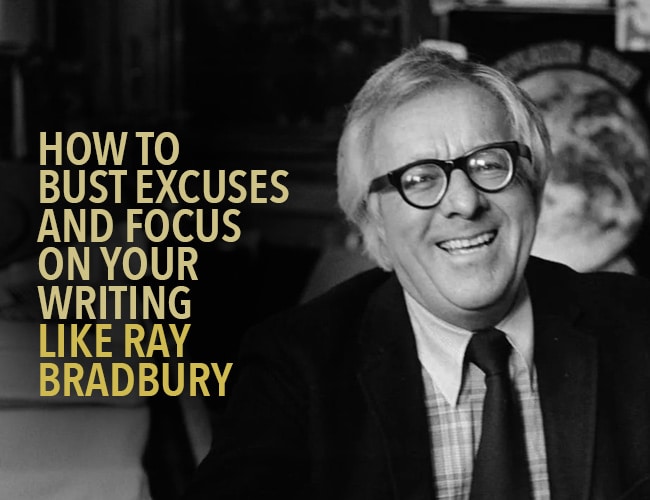
by Jeff Elkins |
December can be a difficult time for creatives. With holiday parties, additional family responsibilities, and decorations to hang, it is hard to keep up the discipline of writing. Sometimes what we need is someone in our ear, giving us advice and spurring us onward, with motivational quotes for writers.
It would be helpful if this inner coach was a model of leadership and discipline. So let’s embrace some of the motivational quotes of retired four-star general in the United States Army Colin Powell.

by Guest Blogger |
I subscribe to several writing web and blog sites. I trust them to give me sound writing advice. But sometimes the sheer volume of advice engulfs me, and I feel like I’m in the middle of a tidal wave.
Being overwhelmed can lead to creative paralysis. I work myself into a frenzy trying to apply everything to all my writing right now. Or, I close the computer or put down my pen and count the leaves on my philodendron plant. Neither approach is helpful.
With so much useful writing advice, how do you know where to start?

by Guest Blogger |
Do you sit down to write and it seems like a million thoughts are dancing in your head? You know, they’re just there having a loud obnoxious party. With all those bouncing thoughts, it’s hard to focus on writing. To combat those mental distractions, try a daily writing habit of Ray Bradbury’s.

by Joe Bunting |
A few days ago, as I was in the middle of revising my book, a question occurred to me: “How do you sell 100 million copies of a book? Is there a way to reverse engineer that kind of success?”
In this post, we will dissect what makes the top best-selling books of all time books so popular, and then look at how we can apply those lessons to our own writing.

by Sarah Gribble |
Ever wondered how to write a book like Stephen King? He’s called the King for a reason, and it’s not just his last name. Stephen King has written in just about every genre imaginable, has sold over 350 million copies of his books, and has had work adapted to movies, miniseries, and comics.
Whether you’ve read him or not, you know who he is and I would be amazed if you haven’t experienced his work in some form or another.

by Sue Weems |
Fill in the blank: I can’t finish my draft because _______. Are you sure that is what is holding you back?
This is one of the busiest months of the year for me. I’m usually disciplined, but there are some especially busy seasons when writing is hard to prioritize. As one of my classes began reading Fahrenheit 451 this month, I remembered a letter Ray Bradbury sent to a librarian about how he wrote the novel. It was just what I needed to get back to finishing my book.





